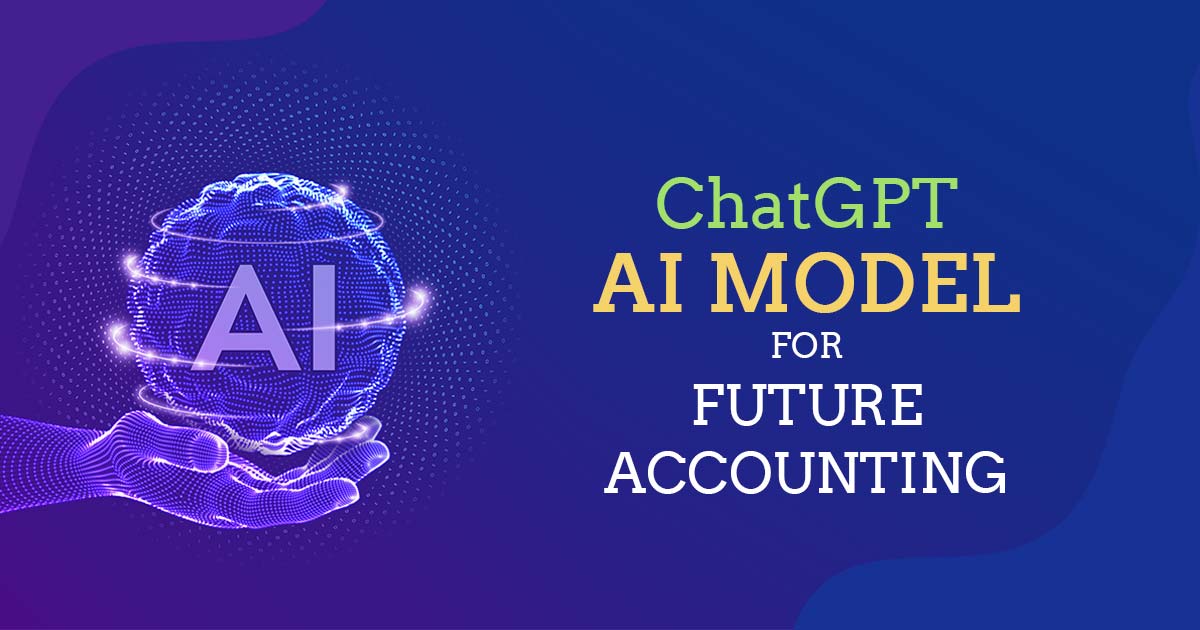As technology continues to evolve, it’s no surprise that artificial intelligence (AI) is finding its way into more and more industries, including the world of accounting. One notable example of AI in action is the ChatGPT model created by OpenAI. In this article, we’ll explore the ways in which ChatGPT can benefit the accountancy profession.
What is ChatGPT?
ChatGPT is a large language model that was created by OpenAI. It is an advanced form of natural language processing (NLP) that is capable of generating human-like responses to text-based prompts. This technology is powered by a neural network that has been trained on a vast corpus of text data, allowing it to generate responses that are both coherent and contextually appropriate.
ChatGPT in the Accounting Industry
So, what does ChatGPT have to do with the accounting industry? Well, as it turns out, this technology has a number of potential use cases that could benefit accountants and other financial professionals.
One of the most obvious ways in which ChatGPT can be used in the accounting industry is for automating routine tasks. For example, accountants could use ChatGPT to generate reports, draft emails, and even respond to client inquiries. This could help to free up more time for higher-level tasks, such as strategic planning and analysis.
Another potential use case for ChatGPT in accounting is in the realm of fraud detection. By training the model on a large corpus of text data related to fraud investigations, it could be used to identify patterns and anomalies in financial data that could be indicative of fraudulent activity. This could help to catch potential fraudsters earlier and prevent more damage from being done.
ChatGPT could also be used to improve customer service in the accounting industry. By providing clients with a chatbot that is powered by the ChatGPT model, accounting firms could offer 24/7 support and faster response times to client inquiries. This could help to improve customer satisfaction and retention.
The combination of artificial intelligence and accounting can revolutionize the way financial professionals work, automate tasks, improve fraud detection, and enhance customer service.
Of course, it’s important to note that ChatGPT is still a relatively new technology, and it’s not without its limitations. While the model is capable of generating human-like responses, it is still prone to errors and biases. As such, it’s important for accountants to use this technology in conjunction with human oversight and critical thinking.
Conclusion
In conclusion, ChatGPT is a promising technology that could have a number of potential use cases in the accounting industry. By automating routine tasks, improving fraud detection, and enhancing customer service, this technology could help to make accountants’ lives easier and more productive. However, it’s important for accountants to approach this technology with a critical eye, and to ensure that it is being used in a responsible and ethical manner. With the right approach, ChatGPT could be a powerful tool in the hands of financial professionals.

Comments
Post a Comment